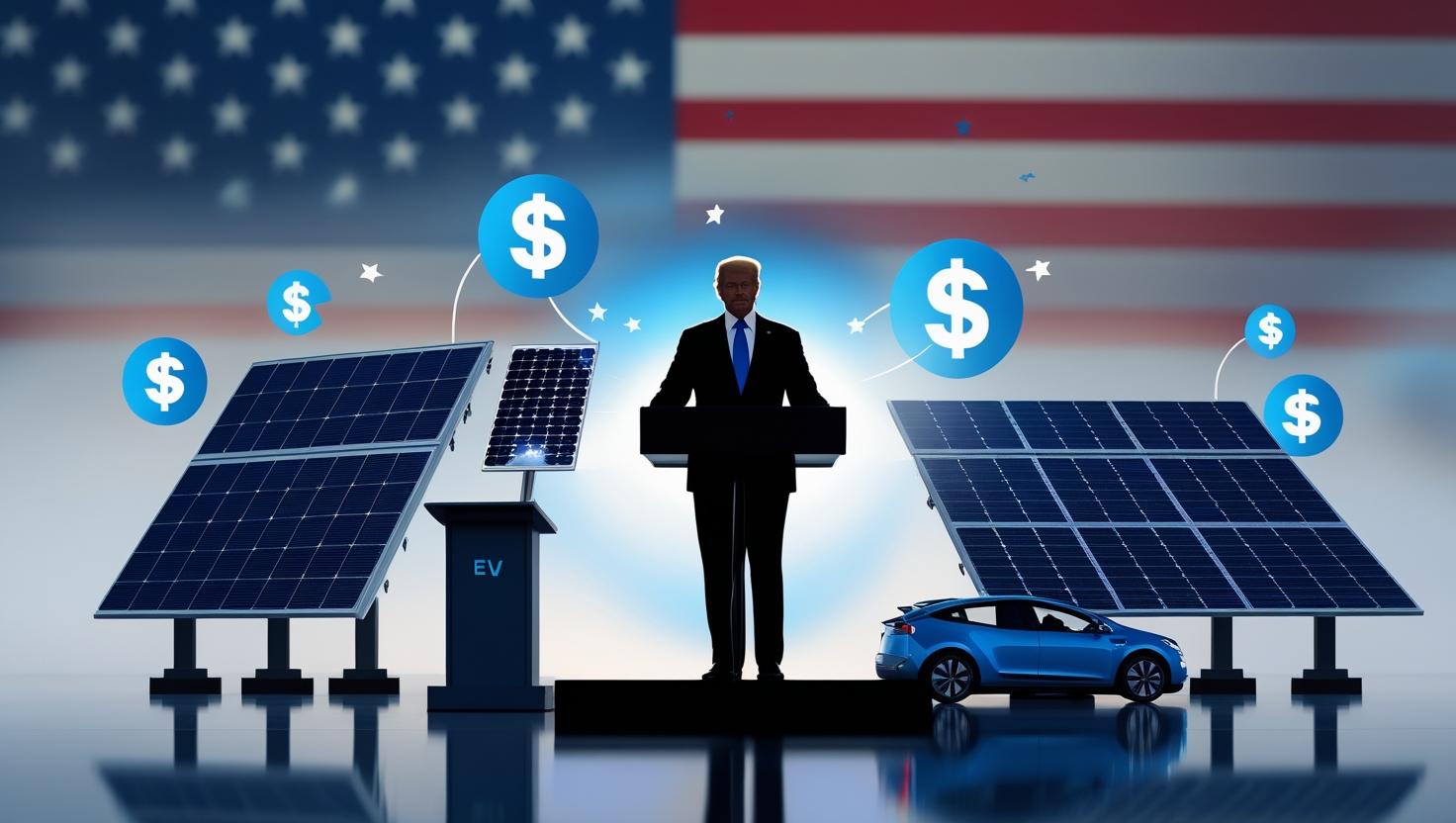What’s Changing
Under the proposed plan, the Investment Tax Credit (ITC) for solar energy could be reduced or restructured. This credit has played a vital role in helping homeowners and businesses go solar by offering up to 30% in federal tax savings. In addition, incentives for electric vehicles and heat pumps may face new restrictions based on income levels and product origin.
👉 Key point: The administration claims the changes are aimed at reducing fraud and making tax benefits more targeted. However, clean energy advocates warn the new restrictions could slow down the adoption of green technology at a critical time.
Impact on Solar Homeowners
For homeowners who have already installed solar panels, these changes may not apply retroactively. But if you’re planning to go solar in the near future, your tax incentives could be reduced. Experts recommend speaking to a tax attorney or energy consultant before making decisions.
Why it matters: These changes could alter your return on investment and delay your solar break-even point. At Solar Law Firm, we help homeowners understand their eligibility, protect their contracts, and take legal action if they’ve been misled by outdated or changing incentives.
Electric Vehicles and Heat Pumps Also Affected
The proposed reform would limit EV tax credits for buyers in higher income brackets and for vehicles not manufactured in the U.S. Similarly, tax rebates for energy-efficient appliances like heat pumps may require stricter product certification.
In simple terms: The federal government wants to prioritize middle-income households and American-made products, which could affect your purchase decisions.
Why This Matters Now
This proposal comes at a time when clean energy adoption is rapidly increasing. Over 4 million U.S. homes now have solar panels, and EV sales are climbing every quarter. Reducing incentives now could undermine years of momentum.
🛑 Legal risk: If solar or EV companies continue advertising outdated tax credits, homeowners may unknowingly sign up for false promises. That’s where Solar Law Firm steps in — we investigate, litigate, and protect your rights.
What You Can Do
- Review your current solar loan or purchase agreement.
- Speak to a tax or legal professional to understand eligibility.
- Act quickly if you’re planning to claim a credit before the policy changes.
Need help? Contact our team at Solar Law Firm for a free consultation on how the new proposal could impact your clean energy plans.
Stay Updated
As policies evolve, so do your rights and financial opportunities. Subscribe to our newsletter or follow us on social media to stay informed on clean energy law, tax changes, and homeowner protections.


